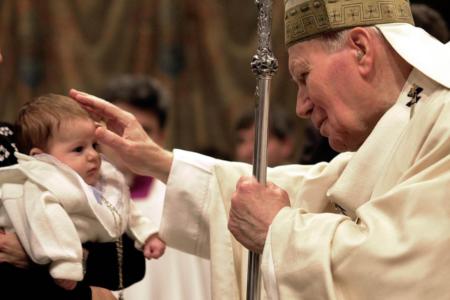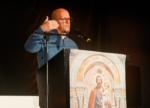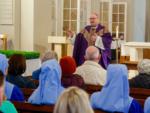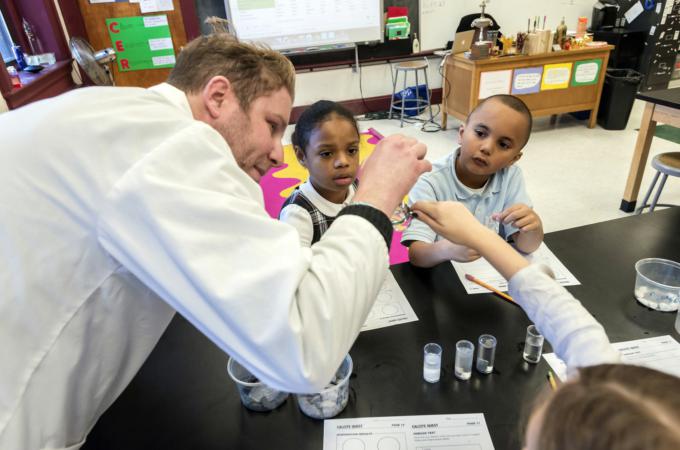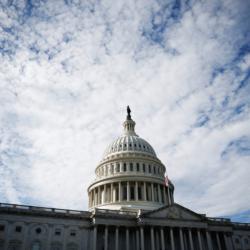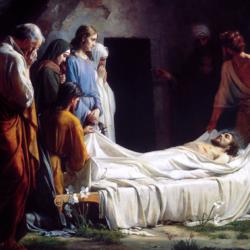St. Columbkille School designated a 'laboratory school'
CHESTNUT HILL -- Boston College's Lynch School of Education (LSOE) said that they will designate Brighton's St. Columbkille Partnership School a laboratory school on March 26, to enhance opportunities for teacher training, educational experimentation, research and professional development at the pre-K through grade 8 school.
The laboratory school designation -- the only such arrangement between a university and an elementary school in the city of Boston -- will increase collaboration in teaching and research between St. Columbkille's teachers and BC faculty and students. The research -- jointly designed by faculty from both institutions -- will target the school's specific needs.
"A laboratory school is akin to a teaching hospital," said William Gartside, head of school at St. Columbkille since 2006. "Designating St. Columbkille as a laboratory school will further improve the education of our children through increased research and interaction with BC faculty. It will enhance a 12-year partnership that has transformed the St. Columbkille Partnership School from the brink of closure to one of the very best schools in the Archdiocese of Boston and the Commonwealth of Massachusetts."
The data generated from the research will ensure best practices in curriculum and instruction at St. Columbkille, and provide a knowledge base for innovation that will help facilitate educational advances at Catholic schools nationwide. It will also aid in the preparation of teachers and other education professionals at the Lynch School of Education.
"The Lynch School has been very pleased to partner with St. Columbkille during the past decade," said Stanton Wortham, the Charles F. Donovan, SJ, dean of the Lynch School of Education. ''The new, deeper laboratory school relationship will allow our faculty to work more closely with its teachers, gathering data to help them pursue their mission even more effectively."
In 2006, Boston College, the Archdiocese of Boston, and St. Columbkille established the partnership school to prevent the closure of the last Catholic elementary school in Allston-Brighton. During the past 12 years, the school has flourished, with enrollment rising from 175 to 430, and its students -- approximately 50 percent Black, Hispanic and Asian -- consistently performing well above the national average on all testing measures.
"There have been significant improvements in curriculum and instruction, professional development, extended day programs, and parental and community involvement since the partnership was launched," said Gartside. "BC has developed strong relationships with grade-level teams that supervise student teachers and created connections between volunteer organizations, after-school programs, and sports teams. Furthermore, educational research opportunities with the Lynch School of Education have grown significantly. BC has been an excellent partner whose educational contributions and financial commitment have transformed the school."
St. Columbkille parents say that the expertise of the LSOE professors in a laboratory school relationship will further enrich the school in the support services offered to students and families.
"The partnership between St. Columbkille and Boston College not only saved my alma mater, but it also made it possible for my daughter to receive an amazing education," said current parent Kelly McGrath of Brighton. "It has enabled all of us to be part of a community dedicated to the students' and school's success. We are very excited about the laboratory school designation and the promise it holds for improving the educational experience of our children. We are grateful to both St. Columbkille and BC for making all of this possible."
During the past five academic years, more than 140 Boston College student teachers have honed their teaching skills under the supervision of St. Columbkille instructors, learning how best to serve a diverse student population. In return, BC provides opportunities for the school's teachers to earn master's degrees from LSOE, which further enhances a continuity of knowledge and practice.
Gartside said that as a repository for research-based and data-driven best practices, St. Columbkille will serve as a vital resource for Catholic schools in the Archdiocese of Boston and beyond.
"I've already spoken with school administrators in New York City, Philadelphia, and Milwaukee, Wis., about the benefits of adopting this laboratory model," said Gartside. "We believe it is a formula for success."
